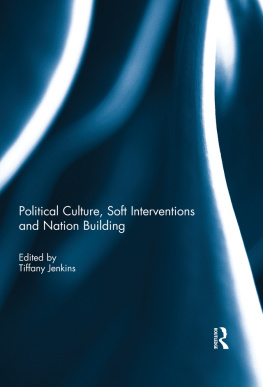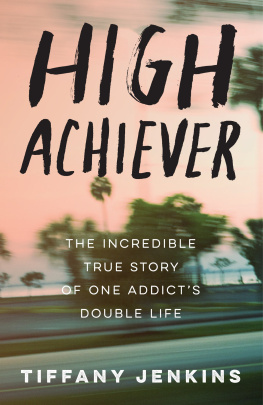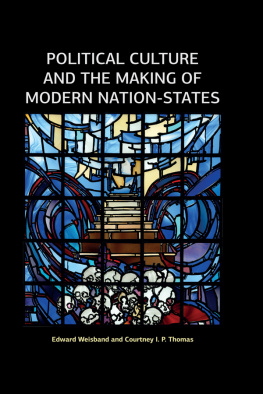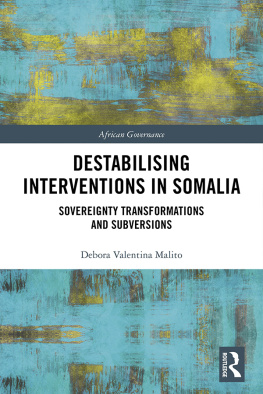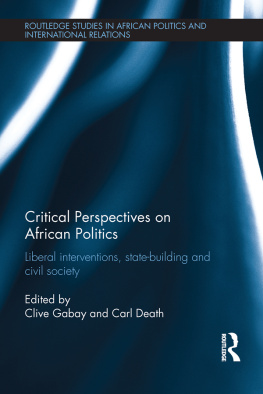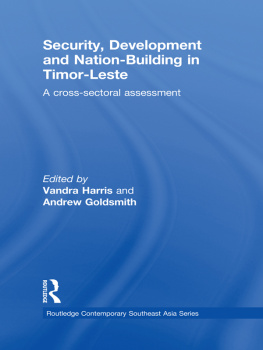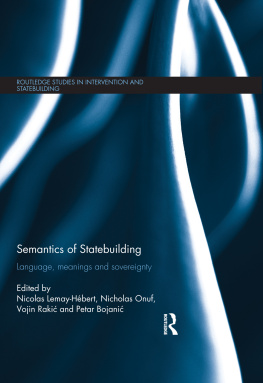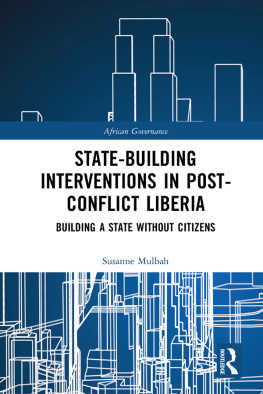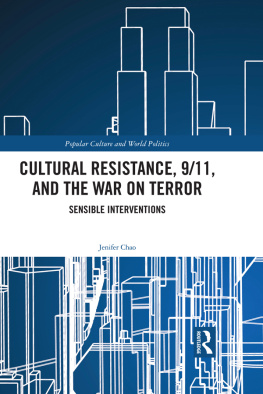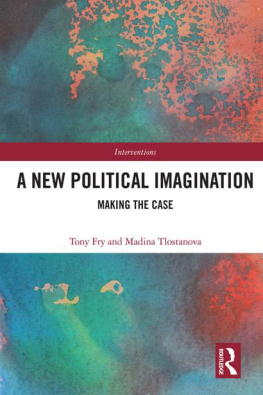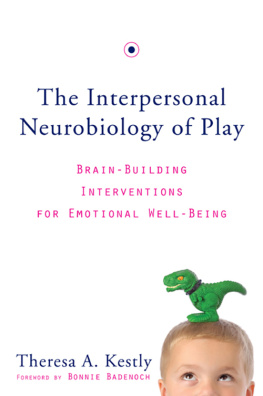Political Culture, Soft Interventions and Nation Building
This book raises questions about cultural interventions, an area of investigation somewhat overlooked in place of developing a critique of political interventions. Whilst political interventions are more explicit, coercive, and have a wide-reaching impact, it is important also to examine the way culture is used in attempts to reconstruct society and peoples the 'soft' side of statebuilding, where heritage is utilized to play a role in the construction of the nation and the people, in memory and identity. For it can play a role in legitimizing myths and identifying symbolic, historic events, and implicitly informs the construction of infrastructure, institutions, and other aspects of civic life. Contributors from the fields of politics, anthropology, archaeology, and sociology examine interventions in state and nation building through cultural methods, the 'soft' side of statebuilding, including the preservation and promotion of certain heritage, the politics of remembrance and monument building, and the repatriation of human remains and artefacts to communities in the name of making reparations for past atrocities.
These are timely contributions. Heritage and cultural is too often considered in terms of how tourism might contribute to the economy post-conflict, neglecting the construction of meaning and memory through decisions about what is preserved or not. This book will be of special interest to those in the field of cultural studies, archaeology, and politics as well as international relations.
This book was originally published as a special issue of the Journal of Intervention and Statebuilding.
Tiffany Jenkins is a Sociologist and cultural commentator. Her research examines conflicts over cultural property and concepts of cultural value. She is the co-editor of the culture section of Sociology Compass, a regular broadcaster and contributor to the national press. http://tiffanyjenkinsinfo.wordpress.com/.
Political Culture, Soft Interventions and Nation Building
Edited by
Tiffany Jenkins
First published 2015
by Routledge
2 Park Square, Milton Park, Abingdon, Oxon, OX14 4RN, UK
and by Routledge
711 Third Avenue, New York, NY 10017, USA
Routledge is an imprint of the Taylor & Francis Group, an informa business
2015 Taylor & Francis
All rights reserved. No part of this book may be reprinted or reproduced or utilised in any form or by any electronic, mechanical, or other means, now known or hereafter invented, including photocopying and recording, or in any information storage or retrieval system, without permission in writing from the publishers.
Trademark notice : Product or corporate names may be trademarks or registered trademarks, and are used only for identification and explanation without intent to infringe.
British Library Cataloguing in Publication Data
A catalogue record for this book is available from the British Library
ISBN 13: 978-1-138-79356-9
Typeset in Helvetica
by Taylor & Francis Books
Publisher's Note
The publisher accepts responsibility for any inconsistencies that may have arisen during the conversion of this book from journal articles to book chapters, namely the possible inclusion of journal terminology.
Disclaimer
Every effort has been made to contact copyright holders for their permission to reprint material in this book. The publishers would be grateful to hear from any copyright holder who is not here acknowledged and will undertake to rectify any errors or omissions in future editions of this book.
Contents
| Tiffany Jenkins |
| Dacia Viejo-Rose |
| Rachel Ibreck |
| Liv Nilsson Stutz |
| Brian Hole |
The chapters in this book were originally published in the Journal of Intervention and State-building, volume 7, issue 2 (June 2013), When citing this material, please use the original page numbering for each article, as follows:
Chapter 1
Introduction to the Special Issue on Cultural Interventions
Tiffany Jenkins
Journal of Intervention and Statebuilding, volume 7, issue 2 (June 2013) pp. 119124
Chapter 2
Reconstructing Heritage in the Aftermath of Civil War: Re-Visioning the Nation and the Implications of International Involvement
Dacia Viejo-Rose
Journal of Intervention and Statebuilding, volume 7, issue 2 (June 2013) pp. 125148
Chapter 3
International Constructions of National Memories: The Aims and Effects of Foreign Donors' Support for Genocide Remembrance in Rwanda
Rachel Ibreck
Journal of Intervention and Statebuilding, volume 7, issue 2 (June 2013) pp. 149169
Chapter 4
Claims to the Past. A Critical View of the Arguments Driving Repatriation of Cultural Heritage and Their Role in Contemporary Identity Politics
Liv Nilsson Stutz
Journal of Intervention and Statebuilding, volume 7, issue 2 (June 2013) pp. 170195
Chapter 5
A Many-Cornered Thing: The Role of Heritage in Indian Nation-Building
Brian Hole
Journal of Intervention and Statebuilding, volume 7, issue 2 (June 2013) pp. 196222
Please direct any queries you may have about the citations to clsuk.permissions@cengage.com
Brian Hole is a Doctoral Student at the UCL Institute of Archaeology, UK, focusing on issues of identity and community with regard to Indian heritage sites.
Rachel Ibreck is a Lecturer in Peace and Conflict Studies at the University of Limerick, Ireland. She completed a PhD in the Politics of Memory in Post-Genocide Rwanda at the University of Bristol, UK, in 2009.
Tiffany Jenkins is a Sociologist and cultural commentator. She is the co-editor of the culture section of Sociology Compass and the author of Contesting Human Remains in Museum Collections: The Crisis of Cultural Authority (2010). She writes regularly for the broadsheets on cultural issues, http://tiffanyjenkinsinfo.wordpress.com.
Liv Nilsson Stutz is an Archaeologist and Anthropologist who is interested in ritual and body theory and the methodological approaches to reconstructing mortuary practices in the past from archaeological sources. She also has a strong interest in the use of cultural heritage in contemporary identity production, and has conducted a comparative study on the repatriation debate in an international perspective. She works as a Lecturer in the Anthropology Department at Emory University, UK.
Dacia Viejo-Rose took up a three-year British Academy Post-Doctoral Fellowship in January 2012; her research topic is 'Cultural Violence/Violence against Culture'. Since 2006 she has been teaching and supervising undergraduate and graduate students on Heritage at the Department of Archaeology, University of Cambridge, UK. Her PhD (2009) from Cambridge focused on the reconstruction of cultural heritage after civil war and its long-term impacts on societies. She has recently published her first monograph Reconstructing Spain: Cultural Heritage and Memory after Civil War (2011).
Tiffany Jenkins
This special issue aims to raise questions about cultural interventions, an area of investigation somewhat overlooked in place of developing a critique of political interventions. Whilst political interventions are more explicit, coercive and have a wide-reaching impact, it is important also to examine the way culture is used in attempts to reconstruct society and peoplesthe soft side of statebuilding, where heritage is utilized to play a role in the construction of the nation and the people, in memory and identity. For it can play a role in legitimizing myths and identifying symbolic, historic events, and implicitly informs the construction of infrastructure, institutions and other aspects of civic life.

